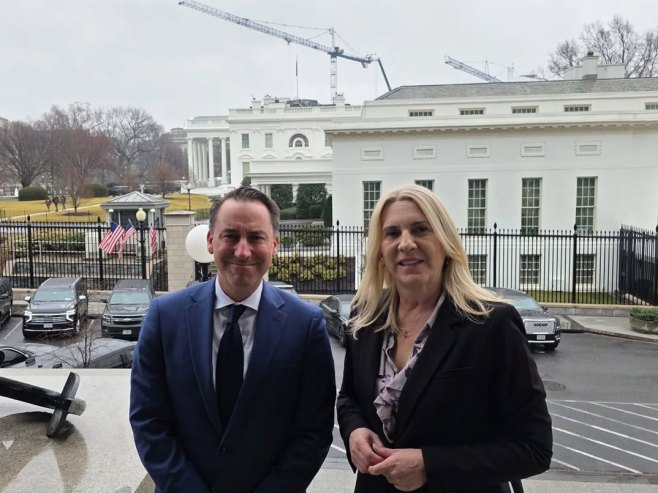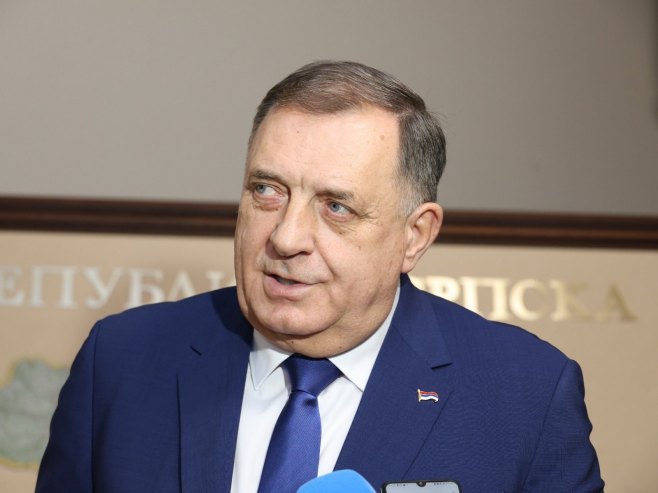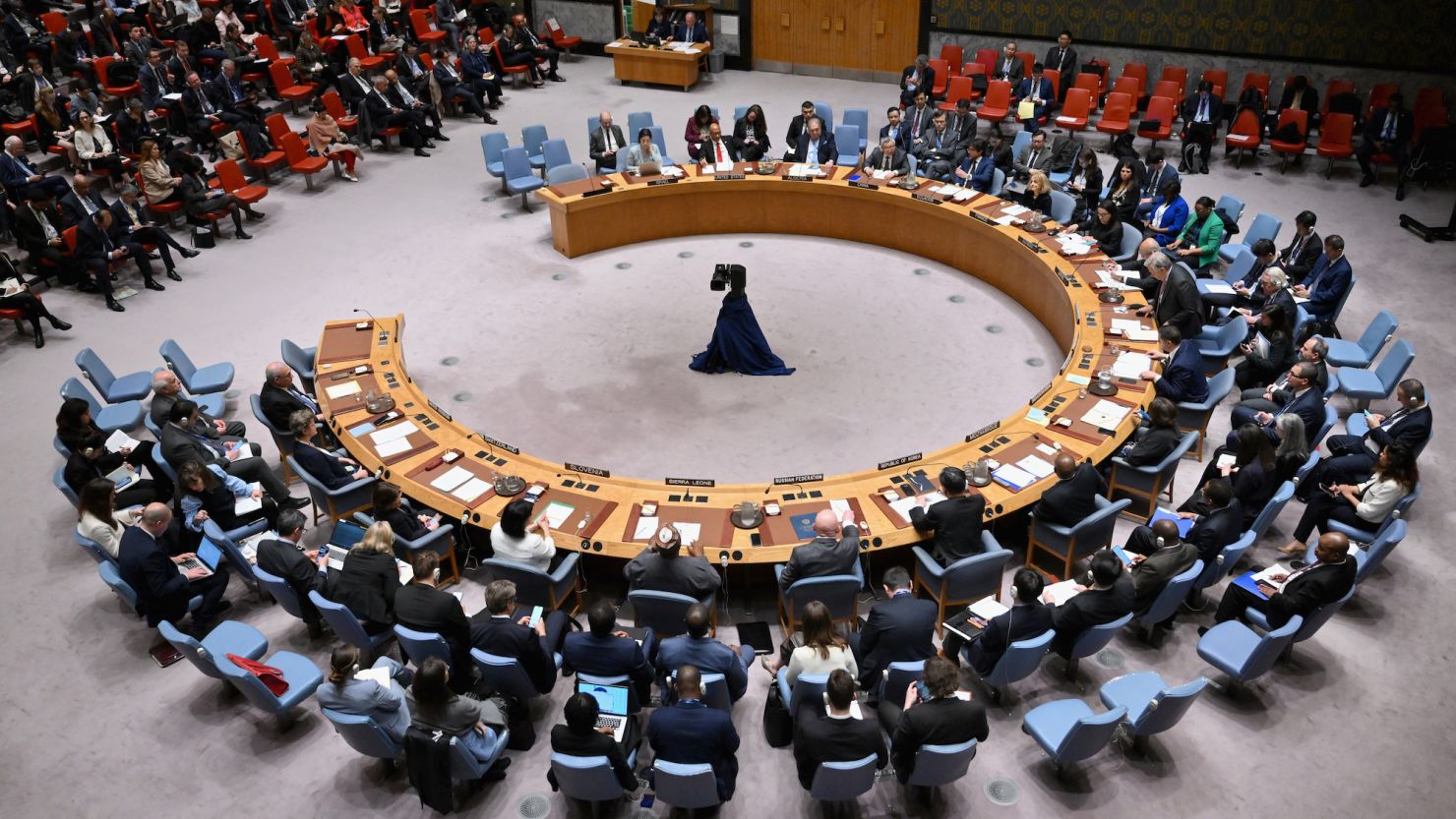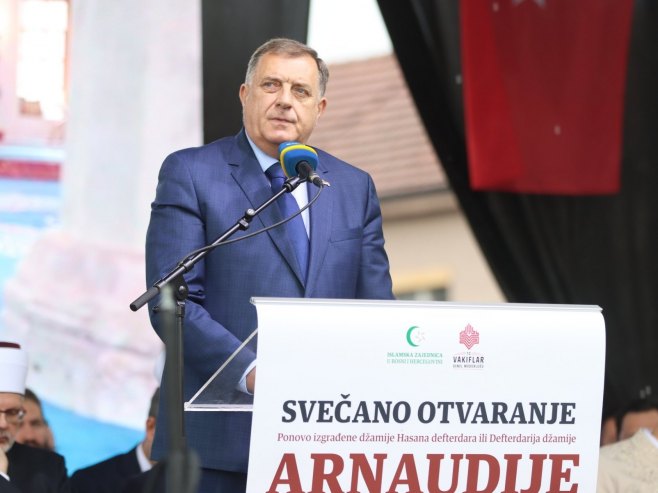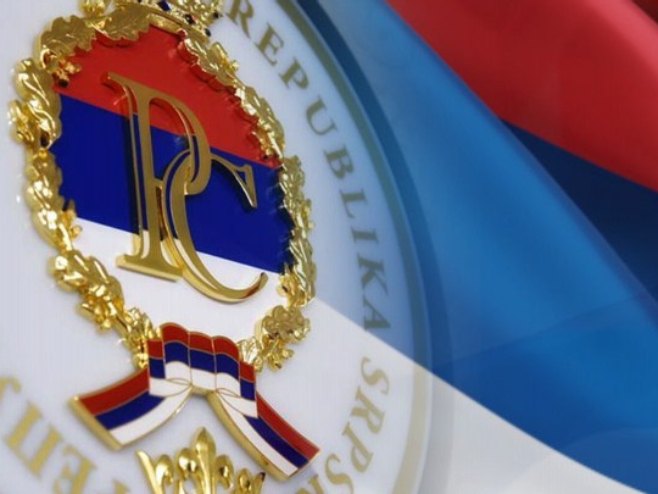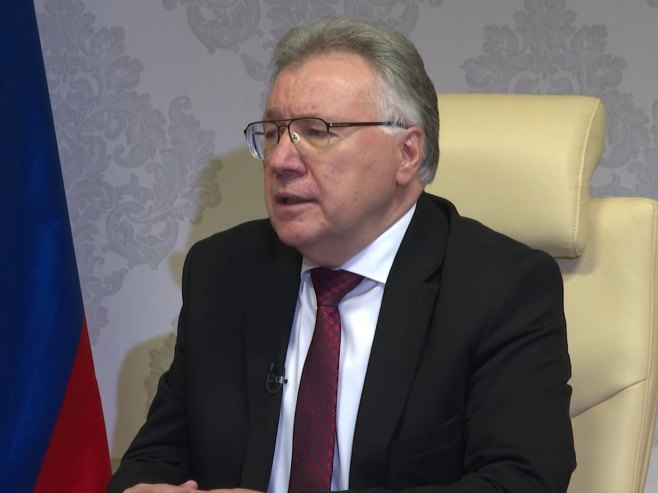At the roundtable discussion hosted by the academic community of Republika Srpska on the topic of the Srebrenica resolution, it was emphasized that the Serb nation has been targeted through the abuse of shared BiH institutions and the external policy decision-making mechanisms, with the primary goal being to impose a label of genocide.
The United Nations must not become a tool exploited by specific lobbying groups and certain Western powers. The task of the academic community is to continue researching the truth about the events of the past war, it was declared from Banja Luka. The Serbs have suffered immensely, as they are a nation that has historically endured genocide, particularly during the last century, stated Professor Darko Đogo of the St. Basil of Ostrog Orthodox Theological Faculty in Foča.
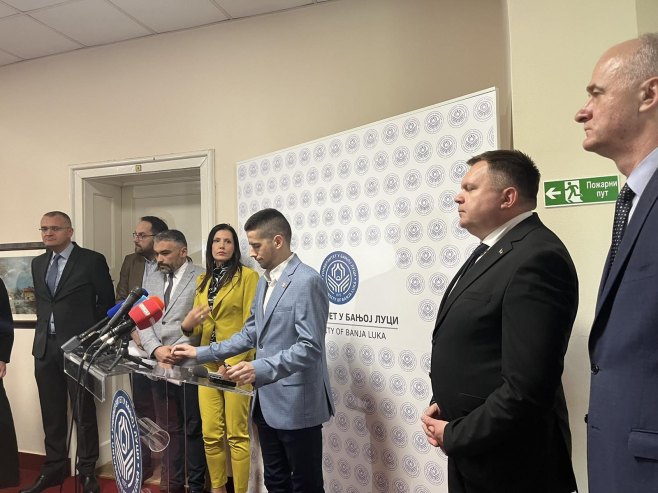
Đogo further added, “Serbs belong here; they have the Republika Srpska, their children, and also their graves. We will not be intimidated or driven away. We hope that those who seek to exacerbate tensions within their groups, as well as against us, realize that their efforts will be futile.”
Historian Goran Latinović pointed out that although the Srebrenica resolution is non-binding, it could have very serious long-term consequences for the Balkans. He highlighted that the Greater Bosniak ideology, supported by Western powers, aims to create a unitary BiH without the Republika Srpska. “The Greater Bosniak policy clearly undermines any possibility of normal coexistence in BiH and exploits its own victims. It seeks allies among those Western powers traditionally hostile to the Serb people,” Latinović explained.
Among these allies, Germany is identified as particularly complicit, being directly responsible for the suffering of several million Serbs during World War I and II. Faculty members from the University of East Sarajevo’s Philosophy Department warn that the resolution aims to deny Serbs the right to acknowledge their historical suffering.
“The idea behind this resolution and others like it seems to be to strip the Serb people of their right to victimhood, to devalue that suffering, and to completely erase the genocide committed against the Serb people from history,” said Vladan Bartula, Dean of the Philosophy Faculty in East Sarajevo.
The roundtable addressed numerous issues, including the categorization of war crimes. “Unfortunately, this region has seen numerous war crimes in the past centuries, with Serbs often being the victims. These crimes have neither been adequately categorized nor condemned by the international community,” stated Radoslav Gajanić, Rector of the University of Banja Luka.
Minister Željko Budimir emphasized the importance of remembering that Serbian women and children have been targeted everywhere. “Naser Orić’s bands stormed into places like Kravica and around Bratunac, killing everything in sight, including dogs,” Budimir remarked.
The Republika Srpska National Assembly has recently adopted the report of the Independent International Commission for the Investigation of the Suffering of All Peoples in the Srebrenica Region from 1992 to 1995, which stated that no individual crime of genocide nor a general genocide occurred. The next steps include presenting the findings and the report to both domestic and international audiences.
Source: RTRS
